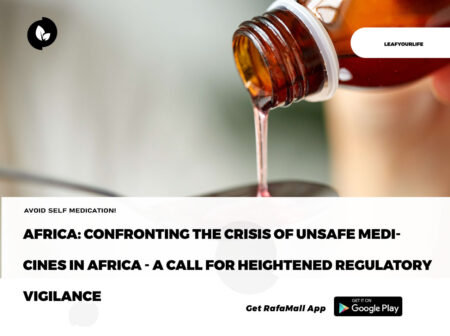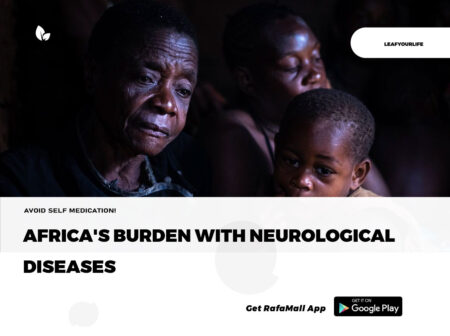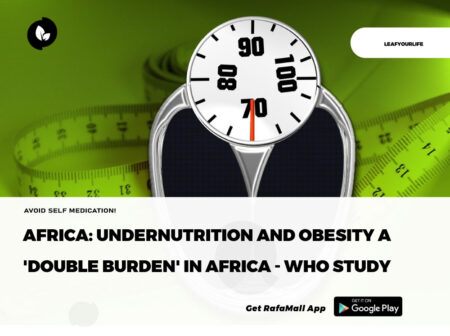
It’s been almost two years since the new Covid-19 virus made its global premiere, and it’s still defying all odds to slow down its growth around the world.
Despite efforts by the World Health Organization (WHO) and numerous countries to return the world to pre-covid pandemic conditions, the virus continues to lurk and even mutate in different forms.
Since then, the WHO has identified four variations, each with its own potency in terms of how quickly the virus infects humans.
The UK version, Alpha, B.1.1.7, is believed to have 20 mutations, whilst the South African form, Beta, B.1.351, is said to have three. The P1 variant from Brazil, called Gamma, is said to be similar to the South African variant with one extra mutation, and the latest Delta variant, B.1.617.2, is said to be responsible for India’s explosive outbreak and also more transmissible than alpha. The delta variant is now the dominant form of the virus which has led to a new spike in infection rate that is drumming for a new wave of infection.
Viruses, like all living things, undergo modification during their lives, according to the National Jewish Health. If a mutation gives a strain an edge in survival, it becomes the dominant strain. According to the WHO, the risk of a virus changing increases when it is widely circulating in a community and causes many infections.
“The more opportunities a virus has to spread, the more it replicates – and the more opportunities it has to undergo changes,” it states. Research shows that as the virus replicates itself causing a genetic change that creates variants, some mutations weaken the virus, others allow it to fester by the proliferation of the virus through aggressive infection. If a mutation provides a survival advantage, then that mutated version becomes the dominant strain.
The American Centre for Disease Control (CDC) states that since the virus usually undergoes changes by mutating, when this occurs, it produces new variants. It added that a new variant may persist while others will be snuffed out of existence depending on how each is able to spread and survive on hosts.
Delta variant
WHO termed the delta variant of Covid-19 as the fastest in infection rate. It states that the variant which surfaced in India was identified in December 2020 following three other variants. WHO’s Dr Maria Van Kerkhove explains that, “the delta variant is a variant of concern that WHO is tracking and monitoring around the world. It is a variant of concern because we know it has increased transmissibility. This has been demonstrated by its presence in several countries. And we know where the variant is identified, it really rapidly takes off and spreads between people more efficiently than even the Alpha variant that was first detected around December/ January 2021.”
She predicted that the virus would spread further if Covid-19 regulations were relaxed and social mixing increased, increasing the number of interactions that individuals have and hence the likelihood of transfer from one person to the next. “The average person infected with the original coronavirus strain will infect 2.5 additional people,” she said, “and delta would transmit from one person to maybe 3.5 or 4 other people in the same setting.”
Its symptoms
Researchers say those infected with the more contagious delta variant of Covid-19 are seeing symptoms that appear to be different from those seen by people who contracted the original virus. With fever and cough documented as the common symptoms of the original virus, those infected with the new variant report runny nose, headache, and sore throat as major symptoms. A common symptom of the original Covid-19 infection which is the “loss of the sense of smell and taste is not being seen as much in those who have contracted the delta variant of the Covid-19 infection,” said Tim Spector, a genetic epidemiologist at King’s College London and co-founder of the ZOE COVID Symptom Study.
Researchers suggest that different virus versions create varied symptoms and that the delta variant’s symptoms appear to be more like a cold at first, with a runny nose, sore throat, and other upper respiratory infection symptoms. Headaches, a sore throat, and a runny nose are among the most common symptoms these days.














Pingback: Cloth facemasks are less protective against Covid-19 – Health Experts - rafaMALL